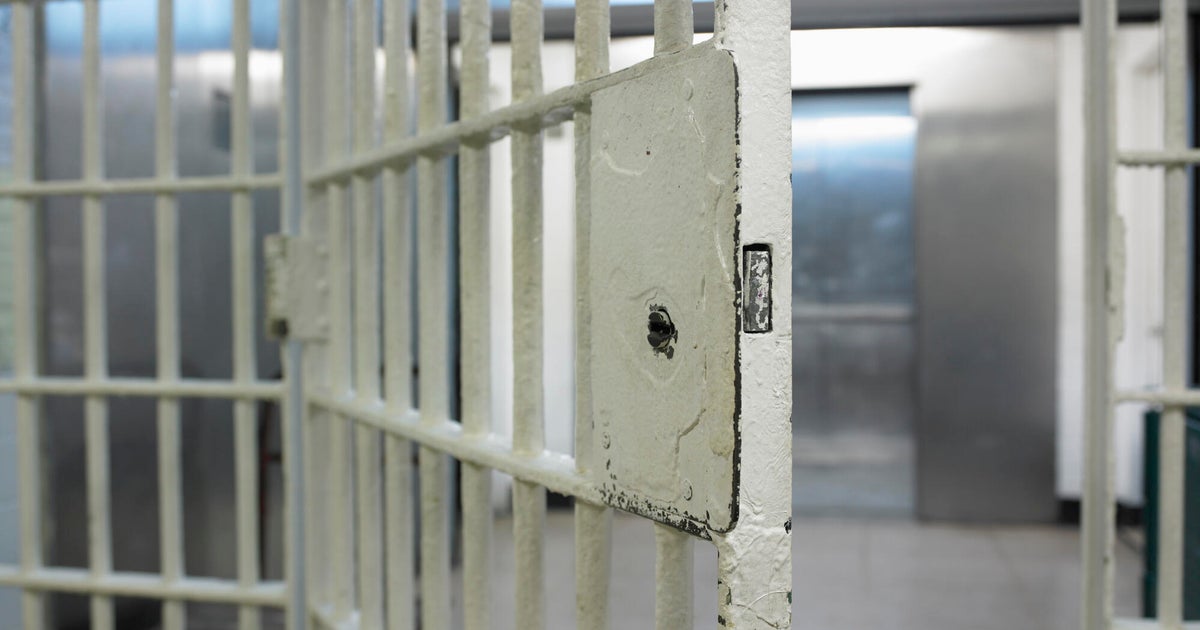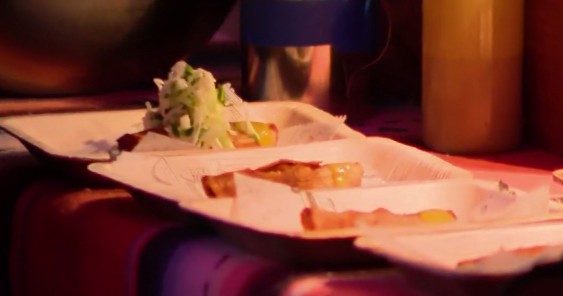Keller @ Large: Whitey Bulger Poisoned Every Life He Touched
BOSTON (CBS) - "The gangster is the man of the city," wrote cultural critic Robert Warshow in 1948, "with the city's language and knowledge, with its queer and dishonest skills and its terrible daring, carrying his life in his hands like a placard, like a club…. He is what we want to be and what we are afraid we may become."
The apparently violent death of lifelong thug Whitey Bulger in a West Virginia prison offers us a chance to reflect on – and, hopefully, discard - the peculiar American cultural love affair with gangsters and outlaws, and to finally reject the repugnant fantasy that "he is what we want to be."
Plain and simple, Whitey Bulger was one of the most violent, destructive Americans of the past century, a vicious racist and serial killer who flooded South Boston with dangerous drugs, oversaw the brutalizing and murder of women and girls, and poisoned every life he touched. He was a coward who betrayed every confidence and ratted out his partners in crime. In Boston federal court for the trial that sent him away for life, he refused to face the survivors of his victims, insisting he was the victim instead, and sent his mouthpiece out to propagate the lie that he was really a misunderstood philanthropist, eager to make financial restitution to his victims.
Among the casualties of this wretched creature was his own brother, William, who saw his misplaced loyalty to Whitey ruin a lifetime of effort to build a decent reputation.
And still, despite the clear evidence of Bulger's carnage, our sad cultural impulse to apologize for and glorify the gangsters among us persisted.
"I'm not sure anybody knows the entire truth [about Bulger]" Hollywood idiot Johnny Depp said at the local premiere of the movie "Black Mass." "Some ugly things happened, [but] nobody wakes up in the morning to brush their teeth and shave and says I'm evil and I'm gonna do the worst [bleep] I can do today."
Sure they do.
Charles Manson. Jeffrey Dahmer. The executioner of the innocents in that Pittsburgh synagogue. Evil lives among us, and from the western desperadoes who exploited the public's vulnerability through the Prohibition-era thugs who drenched city streets in blood to the mobsters glorified in "The Godfather" up to modern-day gangsta culture that poisons young minds, evil has somehow held an honored place in the American story.
In a way, it's understandable. The colonists were outcasts, and our immigrant makeup has kept that appreciation of the outsider alive even as our frontier mentality and individualism have nurtured skepticism toward authority.
But the romanticization of bloodthirsty sociopaths like Whitey Bulger in no way pays homage to Americanism – it disgraces it.
"It's always better to like a gangster from a distance anyway," wrote novelist Lorenzo Carcaterra. "Like a tiger cub in a cage. They always look soft and cute and warm behind those iron bars. Everybody's happy, smiling, waving, taking pictures. But you take away those bars and all that goes away. All that's left is the fear."
Hopefully, the myth of Whitey Bulger as anything but a symbol of the worst of us will be buried alongside him.







